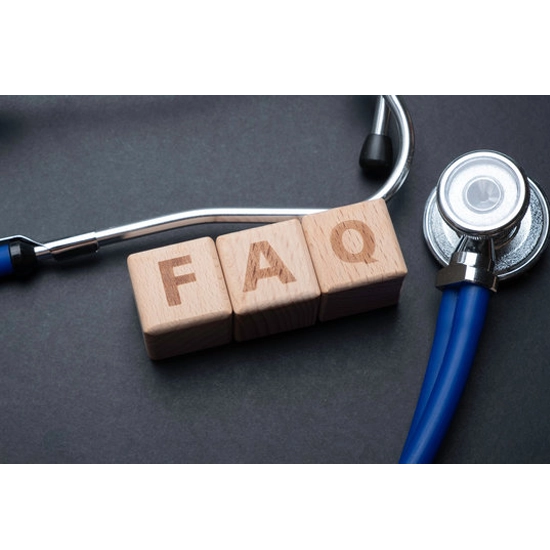.webp)
Book Bicarbonate (Carbon Dioxide) Appointment Online Near me at the best price in Delhi/NCR from Ganesh Diagnostic. NABL & NABH Accredited Diagnostic centre and Pathology lab in Delhi offering a wide range of Radiology & Pathology tests. Get Free Ambulance & Free Home Sample collection. 24X7 Hour Open. Call Now at 011-47-444-444 to Book your Bicarbonate (Carbon Dioxide) at 50% Discount.
A bicarbonate (HCO3-) test is a component of an electrolyte panel, metabolic panel, or other test intended to detect or track an acid-base (pH) imbalance or electrolyte imbalance. This examination examines the total concentration of blood carbon dioxide (CO2), which primarily takes the form of HCO3-. Diagnosing acidosis or alkalosis may also be aided by measuring HCO3- as part of an electrolyte or metabolic panel.
You should wear a sleeveless or short-sleeved shirt to make things easier for you and the technician drawing the blood. A shirt with full sleeves that can be easily pulled up is also suitable. There is no. You should not use a typical food plan before a bicarbonate test. You're free to eat and drink as usual.
| Test Type | Bicarbonate (Carbon Dioxide) |
| Includes | Bicarbonate (Carbon Dioxide) (Pathology Test) |
| Preparation | |
| Reporting | Within 24 hours* |
| Test Price |
₹ 400
|

Early check ups are always better than delayed ones. Safety, precaution & care is depicted from the several health checkups. Here, we present simple & comprehensive health packages for any kind of testing to ensure the early prescribed treatment to safeguard your health.